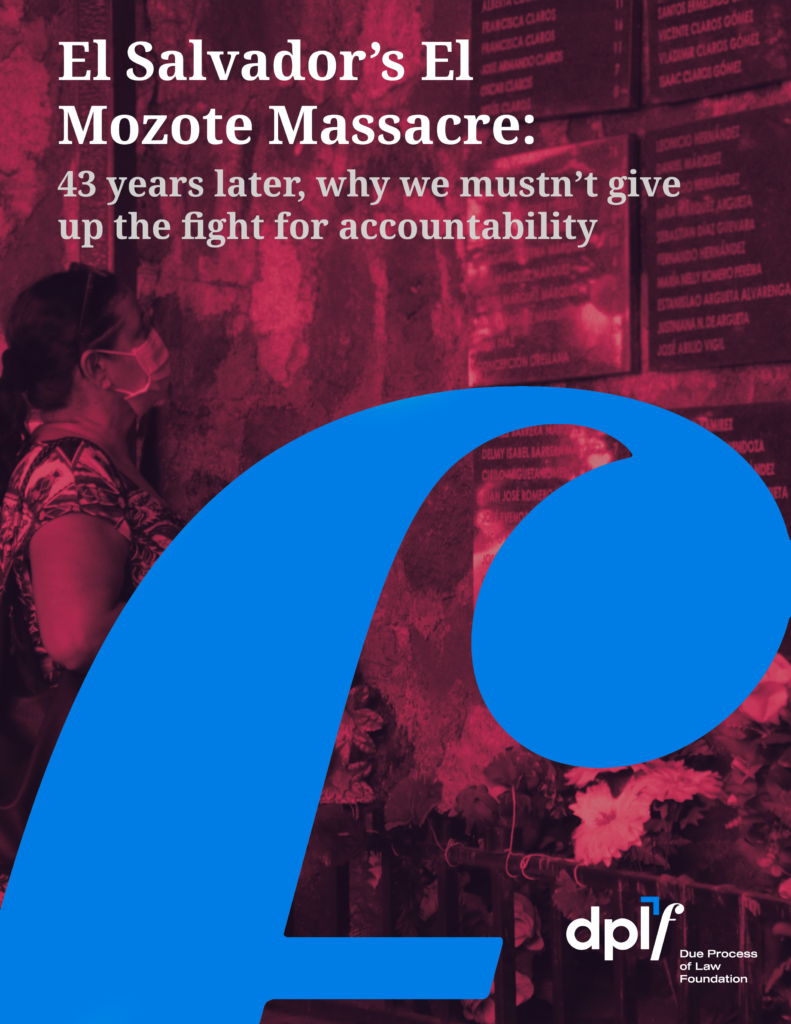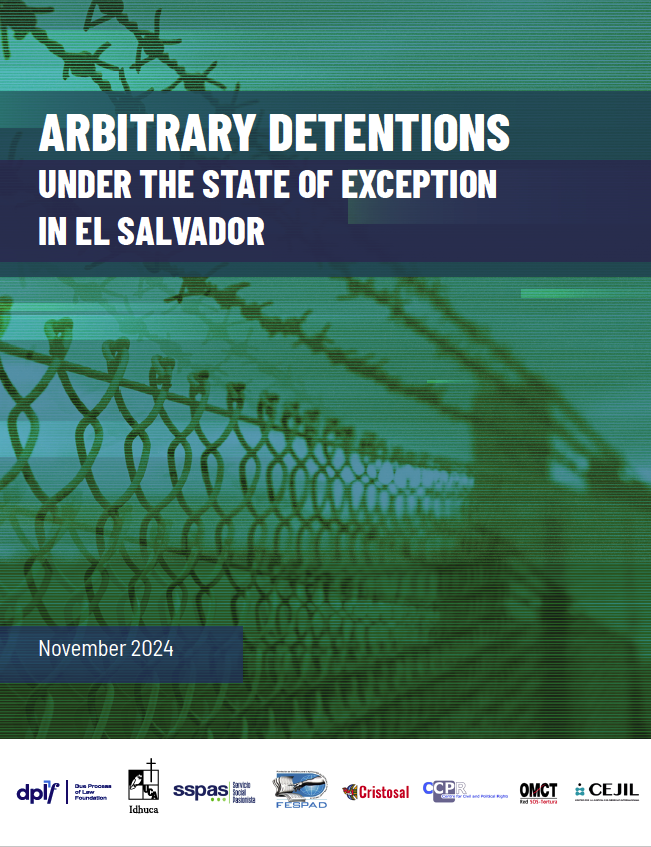In early September 2011, Peru enacted the “Law on the Right of Indigenous or Originary Peoples to Prior Consultation Recognized in Convention 169 of the International Labour Organization (ILO).” At the domestic level, this law affirms the right of indigenous peoples to be consulted before the enactment of legislative or administrative measures that could affect their collective rights. It is an enormous step forward on the (still long) road to achieving full respect for the rights of indigenous peoples on the continent, as envisaged in international treaties binding on Peru and most of the countries in the region.
The role of states in fulfilling their legal obligations toward indigenous peoples, however, is just one part of the problem, or rather, one part of the solution to the problem. Another aspect, which is highly controversial, has to do with the rights and duties of private corporations. Just as states have the power to promote and facilitate national and foreign private investment in the area of natural resource extraction, corporations—both national and transnational—have the right to pursue such investments within the framework of respect for domestic and international law. But this right goes hand in hand with obligations, and this is where the applicable international law framework remains weak. It has yet to set out legal obligations that would make it possible to adjudicate responsibilities for potential human rights abuses in territories where infrastructure projects or natural resource exploitation are taking place.
This is no mere theoretical issue, but has very practical ramifications. The region is rife with social conflicts associated with natural resource extraction. Many projects have been blocked or suspended, while others have had to close down entirely as a result of community protests or legal injunctions. This has had a detrimental effect on operations already underway. Surely many of these problems could have been averted if states and corporations had only understood and respected the applicable international legal framework.
This issue of Aportes offers an overview of scenarios in which the legal obligations and responsibilities of national and transnational corporations are playing out in the arena of natural resource exploitation in indigenous territories. This is not just a social problem on our continent, but also a legal issue that must be addressed using all available legal instruments. We hope that the contributions in this journal will be useful to those wishing to learn more about these instruments. As always, we look forward to your feedback.




